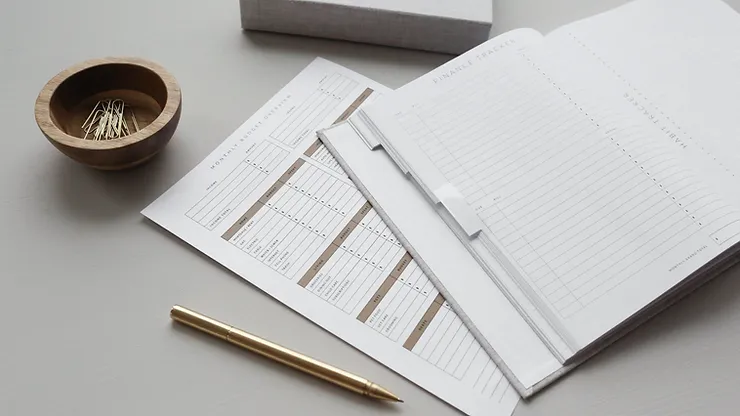After a divorce, many people just want to move on and heal—not just personally, but financially. Whether it be because of joint liability or malicious spending by one party, divorcing spouses must keep in mind the risk divorce poses to their credit score. The following are five things you can do to protect your financial wellbeing during a divorce.

1. Monitor Your Credit Score Before Filing for Divorce
You are entitled to one free credit report per year with the credit bureau. It is always a good idea to know what your credit report says about you. If there are any discrepancies, knowing before your divorce may save a lot of stress. In addition, having a detailed credit history will be helpful in completing any required disclosure documents during divorce proceedings.
2. The Party Retaining the House Should Refinance in Their Name
It’s common in divorces, especially with older couples, for one party to want to keep the marital residence. After all, the home is where they raised their children. They have emotional attachments to the property.
In the past, it made sense to keep the home after divorce. The marital residence is many parties’ most valuable investment. In a booming real estate market, properties appreciate and homeowners can build equity. However, the wisdom of such a move may be questionable in today’s uncertain market.
Today, marital residences can be more of a liability. If you are the one moving on from the home, know that you are personally liable for the debt if your name is left on the mortgage. By refinancing the home, you avoid any risk of your ex-spouse’s nonpayment dinging your credit score.
Related: Who Gets the Rental Property During a Divorce?
3. Pay Off and Close All Joint Financial Obligations
Simply removing your name from a joint credit card after divorce is insufficient to protect yourself against your spouse’s spending habits. To remove your ex-spouse from your credit report, you must first satisfy any joint financial obligations. Whether it be joint credit cards or a car loan, if your name is on the account, you are personally liable for the debt.
If you leave a joint account open, your ex-spouse can add to your debt by making a late payment, missing a payment, or defaulting entirely. This is because creditors report account activity to the credit bureau in both of your names. This affects both you and your ex-spouse’s credit scores.

4. Notify Creditors About Your Divorce
After closing any joint accounts, you should send a certified letter to the credit bureau about your divorce. Inform your credit card company, bank, and other lenders about your divorce as well. Let them know you will contest any claims for debt incurred after the date of the letter. In addition, ask them to provide a current account statement and to put the account on inactive status so that no one can make additional charges. Finally, stipulate that you want the account closed entirely once the balance has been paid off.
5. Hire an Experienced Attorney to Protect Your Credit in a Divorce
An experienced divorce attorney will fight for your rights should you have to go back to court. This may be necessary to resolve matters affecting your credit score. For example, litigation may be appropriate where your ex-spouse fails to pay debts the court ordered them to pay in the original divorce proceeding. If you already went ahead and paid off the debts yourself, an experienced divorce attorney can help you file a petition for contempt against the ex-spouse to recover compensation.
The best way to prevent a crisis of your personal finances in a divorce is to anticipate and rectify any potential problems before they arise. While you are certainly free to file for divorce on your own, a seasoned divorce lawyer by your side can help mitigate the frustration and stress that comes with the process. Contact the Stepanian Law Firm today for a free consultation. We can help you understand your options and determine the best way to move forward.
